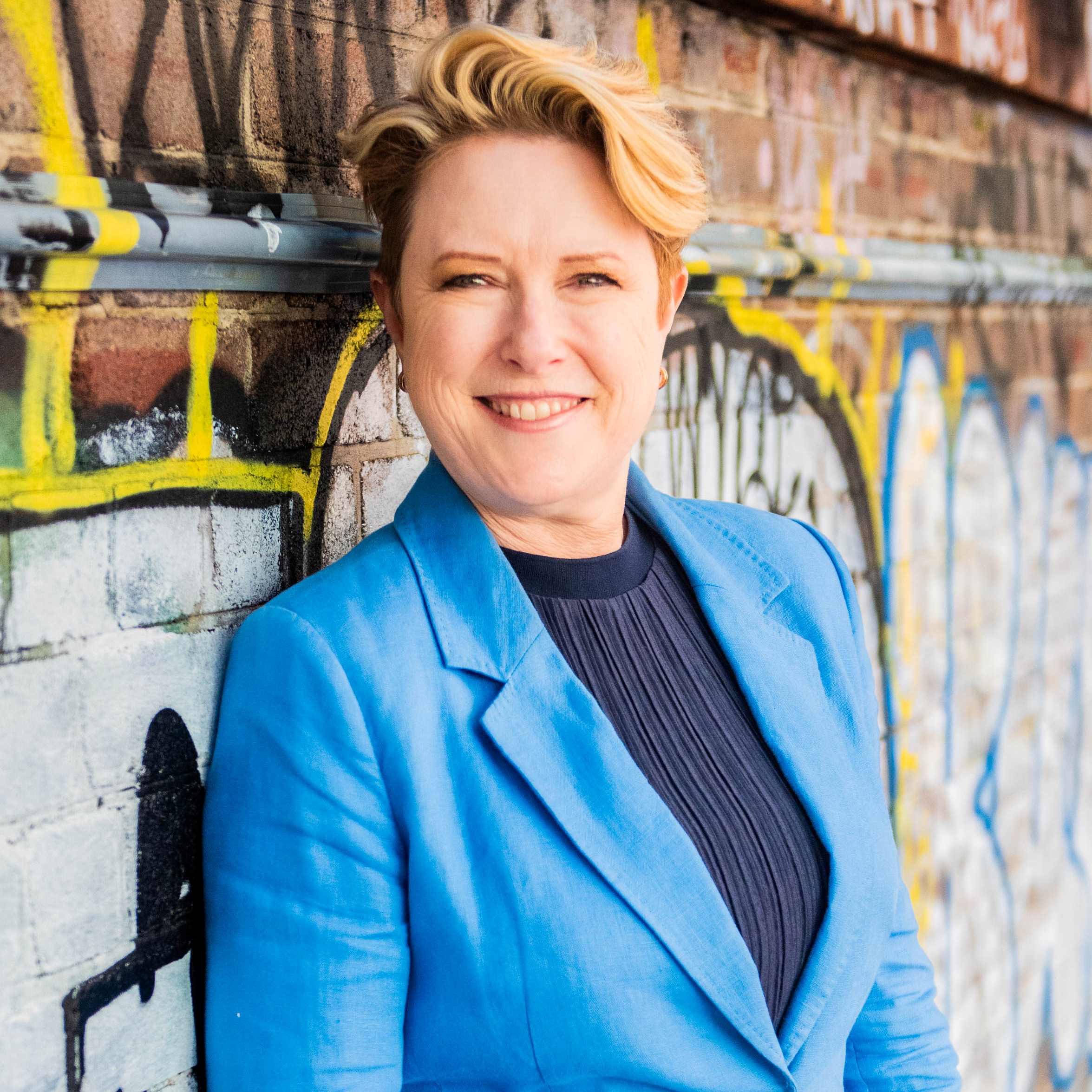You've decided to save up a deposit to buy your first property and the next question you ask is "how much to save when buying a house?"
There are a couple of ways to approach this. You could start by working out a budget, sticking to it, and start saving. When you think you have enough, go to your bank or mortgage advisor and work out how much you could borrow.
Or you could try to work out how much money you will need to buy the type of property you want and set this as your savings goal (and bear in mind that over time this figure will grow if prices are increasing).
When deciding how much to save when buying a house, it would be great to aim for a 20% deposit. However, the a more manageable target might be 10%. PLUS there are a few more significant expenses that you will need to budget for.
When calculating how much to save when buying a house or apartment, it's easy to get caught out if you forget one of these additional costs.
The biggest additional cost is stamp duty. The amount varies from state to state but you need to allow somewhere between 3 and 5.5% of the purchase price. Ouch!
Use this handy calculator to work out how much you'll need to save for stamp duty.
Different states also offer grants and stamp duty exemptions for first home buyers. You can see what you're entitled to by checking this link.
Due diligence basically means making sure there's no reason why you shouldn't buy the property. So you'll need to check out the contract, do a building & pest inspection or a strata report if you're not buying a house. When you’ve found a property you’d like to buy, the biggest way to reduce risk is to do your due diligence! There’s a lot to cover and you don’t want to take short cuts, so download our free checklist – it’s an easy way to ensure you don’t miss anything.
It’s safe to factor in $2000 to $3000 for legal fees, including all the additional costs for disbursements and reports.
If you are buying an apartment or townhouse you will need to order a strata report, which will cost upwards of $250 and you may also need a second report if it’s in a large complex with community facilities. If you are buying a house, you should get a building and pest inspection, which will set you back around $600-$800. In some circumstances you will need both!
The bank may have some charges to add to the tally. These include loan establishment fees, document fees and bank valuations, which could set you back another $1000-1200 with some banks. You could also be up for annual fees, so make sure you get all the information up front from your lending manager or mortgage broker.
And when it comes to settlement day you will need to repay the vendor for your portion of any council rates, water rates and strata levies that have been paid in advance. Allow around $500 (the amount will depend on the point in the quarter that you settle) and remember that you will liable for these rates from then on!
This is a very important consideration when working out how much to save when buying a house or apartment.
If your deposit is going to be less than 20% of the purchase price you will probably need to also factor in Lenders Mortgage Insurance (LMI). If you are a doctor, lawyer or accountant you might be able to avoid paying this as long as you have saved up enough to cover a 10% deposit plus costs - so check the policy of your bank. The cost of LMI varies from bank to bank so to be safe you should allow 2% of the amount you will be borrowing.
Obviously you want to avoid this if possible. However, in a hot property market, where prices are rising faster than you can save, it might make sense to cop the extra expense so that you can get on the property ladder earlier.
To give you a realistic idea of how much to save when buying a house or apartment, let's assume you buy a property worth $500,000.
Deposit (20%) | $100,000 |
Stamp duty (roughly) | $18,000 |
Due diligence (up to) | $4,000 |
Bank charges (roughly) | $1,000 |
Rates at settlement (say) | $500 |
Total you need to save | $123,000 |
Veronica Morgan & Meighan Wells
Veronica & Meighan are both licensed real estate agents who exclusively help buyers. Together they have nearly 40 years experience as property professionals.
Veronica is principal of Sydney based Good Deeds Property Buyers and is also co-host of The Elephant in the Room property podcast as well as Location Location Location Australia on Foxtel and author of Auction Ready: how to buy property at auction even though you're scared s#!tless!
Meighan is the multi award winning principal of Brisbane based Property Pursuit, chairperson of the REIQ Buyers Agent Chapter & a regular media commentator.





